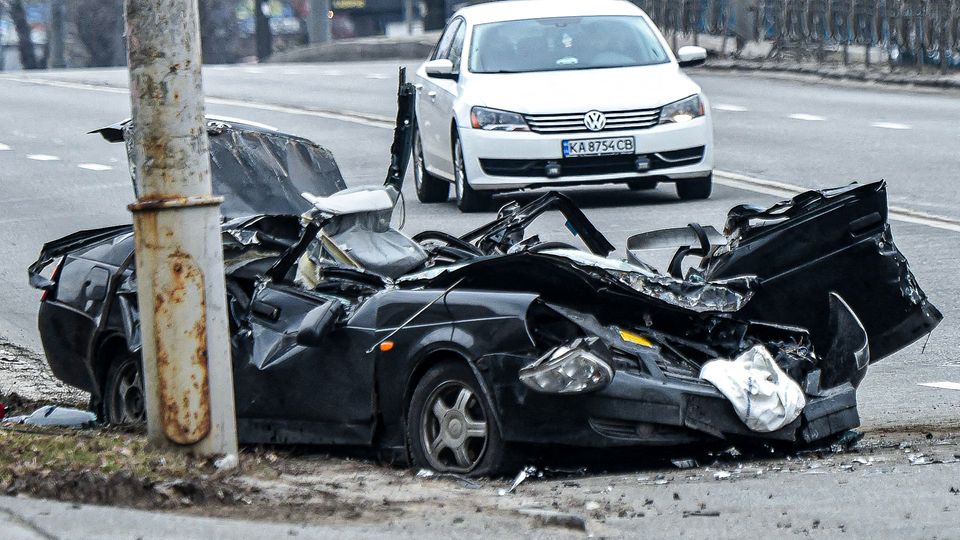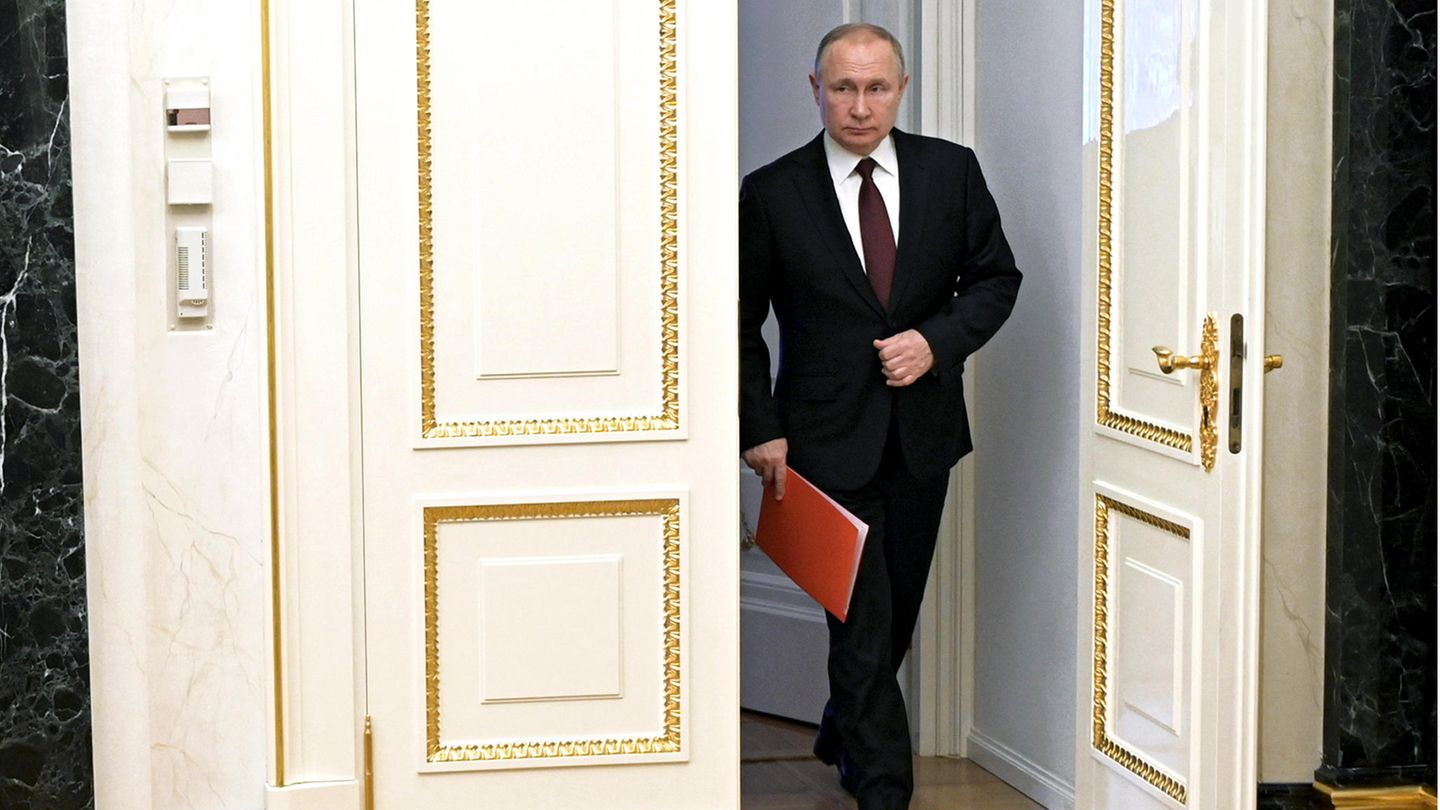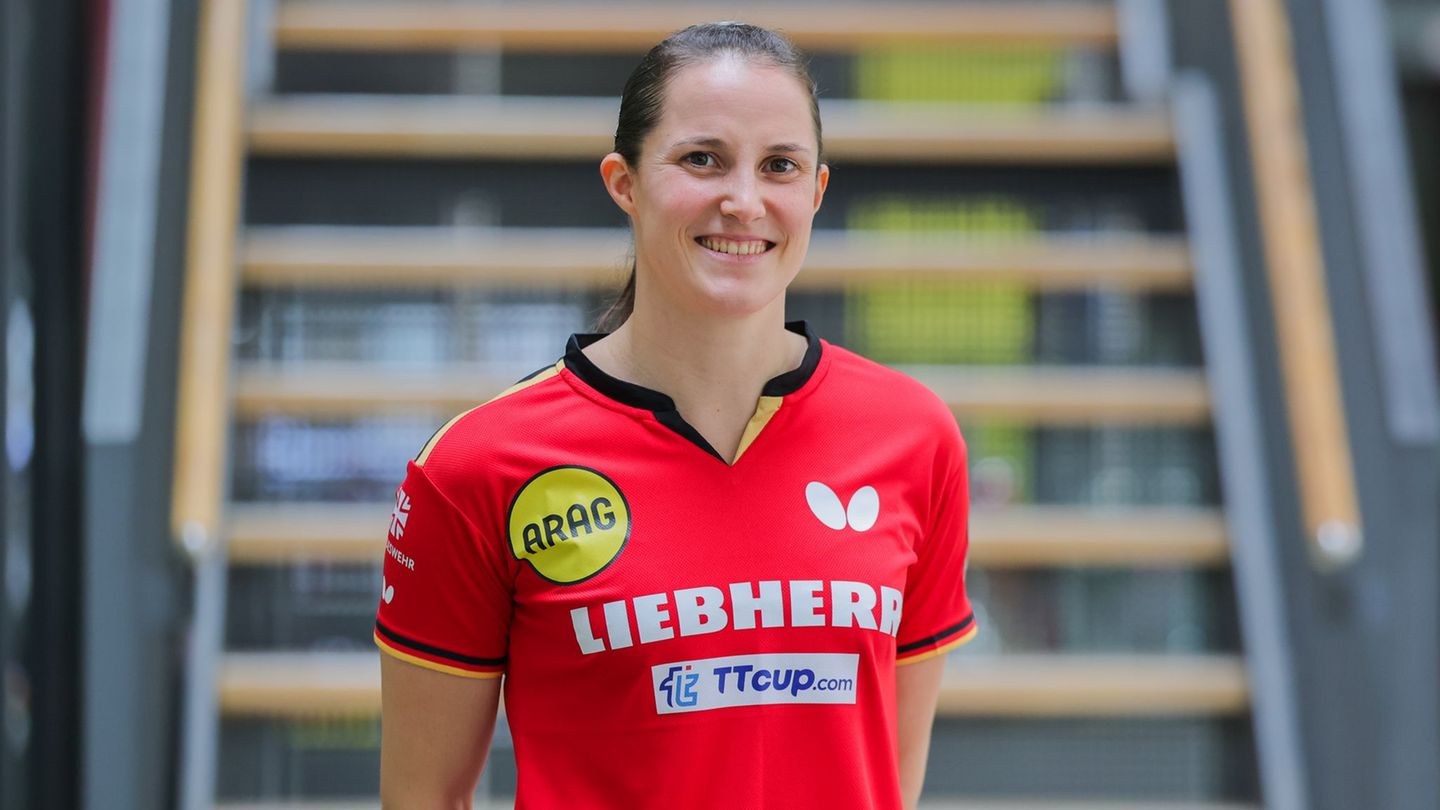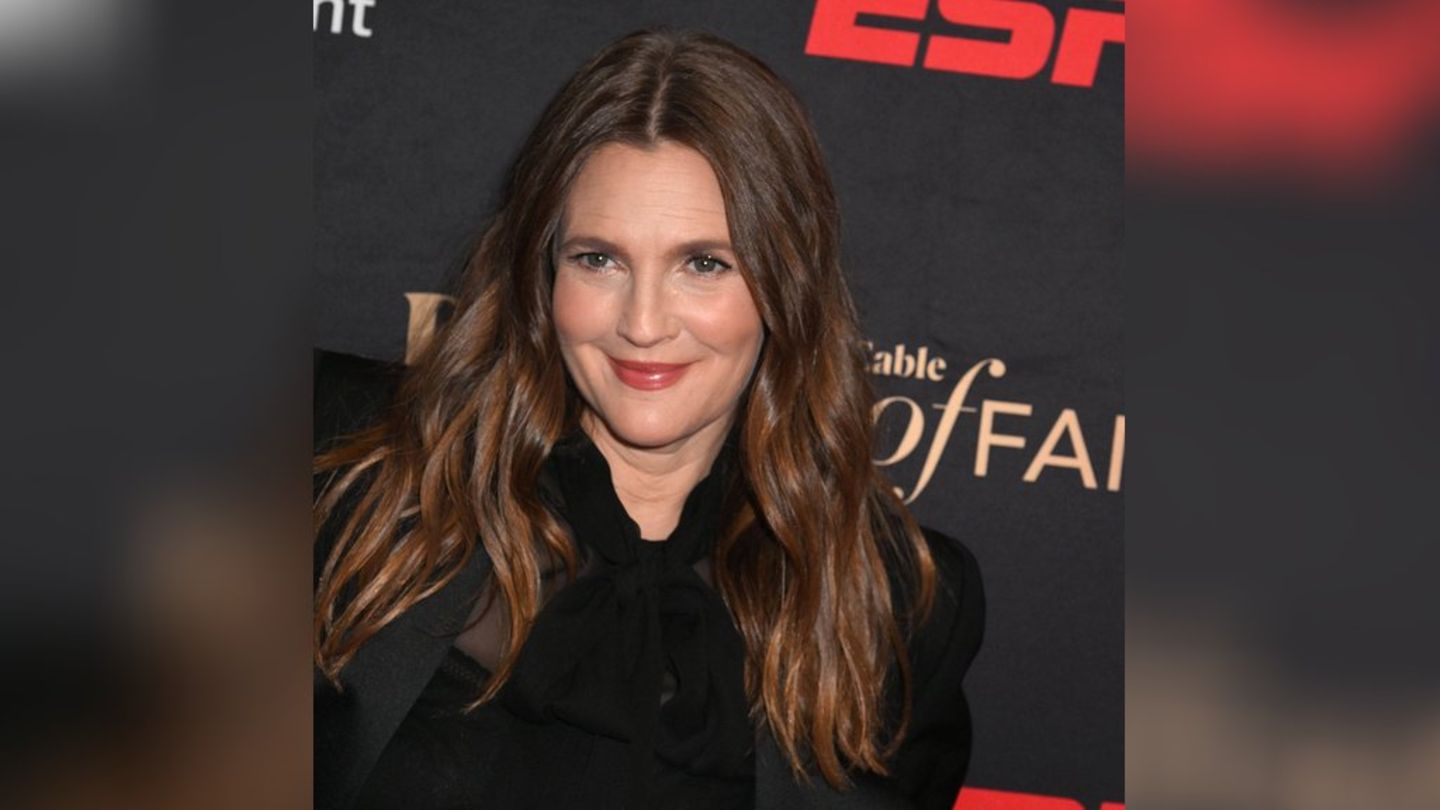The US, EU and UK are also sanctioning Russian President Vladimir Putin himself for Russia’s attack on Ukraine. Which sanctions affect Putin directly – and why their effectiveness remains questionable.
After the European Union and Great Britain, the US government has also imposed sanctions on Russian President Vladimir Putin and Foreign Minister Sergei Lavrov, as announced. Some other ministers and members of the Duma are also affected by the sanctions because they approved the Russian invasion of Ukraine. Which sanctions are aimed directly at Russia’s president:
The EU puts Putin on the sanctions list
In order to put pressure on Russia, the new EU sanctions came into force on Saturday night. In addition, the EU puts Putin and Lavrov on its sanctions list. However, it was initially unclear whether the two had assets in the EU that could be frozen.
Britain freezes assets
The British Treasury announced that it would freeze the assets and bank accounts of Putin and Foreign Minister Lavrov. The reason for the step is the “revenge-seeking mission” of Putin and Lavrov, with which they wanted to destroy the post-Cold War world order by attacking Ukraine, said British Prime Minister Boris Johnson, according to a government statement at a meeting of the heads of state and government NATO countries on Friday.
US imposes sanctions on leading politicians
the United States imposed sanctions on Putin, Foreign Minister Lavrov, Defense Minister Sergei Shoigu and the head of the FSB, Alexander Bortnikov, and other leading government officials.
This freezes any possible possessions of the persons concerned in the USA. US citizens and companies are largely forbidden to do business with them or to support them financially. If those affected have no assets in the US – which seems likely in the case of Putin and Lavrov – the sanctions are still not just of symbolic importance. They make many international transactions difficult for those affected because Western banks and companies do not want to risk violating US sanctions. The financial sanctions are not associated with an entry ban.
Switzerland refuses sanctions
Switzerland is a particularly important financial center for Russians. According to figures from the National Bank, Russian assets worth around CHF 15 billion (EUR 14.5 billion) were held in Swiss accounts in 2021. Billions more are to flow into Switzerland every year. In addition, according to estimates, 80 percent of Russia’s raw materials are traded in Switzerland. Oligarchs like Gennady Timchenko, a friend of Putin, live in Switzerland.
Nevertheless, the Swiss government wobbles when it comes to sanctions. She does not want to impose her own, as President Ignazio Cassis said, with reference to neutrality. This is also controversial in Switzerland itself. According to the government, it wants to do everything possible to ensure that it is not used to circumvent sanctions in the EU, for example. What that is exactly remains unclear.

After a confused press conference on Thursday, one thing was clear above all: Russian accounts will not be frozen. Russians who are subject to sanctions in the EU can freely dispose of their funds in Switzerland.
The reaction of Russia
The Kremlin threatened the West with retaliatory measures over the new sanctions. Moscow will respond with “symmetrical and asymmetrical” countermeasures, said Kremlin spokesman Dmitry Peskov, without giving any details. The Kremlin described the direct sanctions against Putin and Lavrov as a sign of the “powerlessness” of the West. The Foreign Ministry in Moscow said the two had no accounts in the West.
Swell: ,DPA.
Source: Stern
David William is a talented author who has made a name for himself in the world of writing. He is a professional author who writes on a wide range of topics, from general interest to opinion news. David is currently working as a writer at 24 hours worlds where he brings his unique perspective and in-depth research to his articles, making them both informative and engaging.




